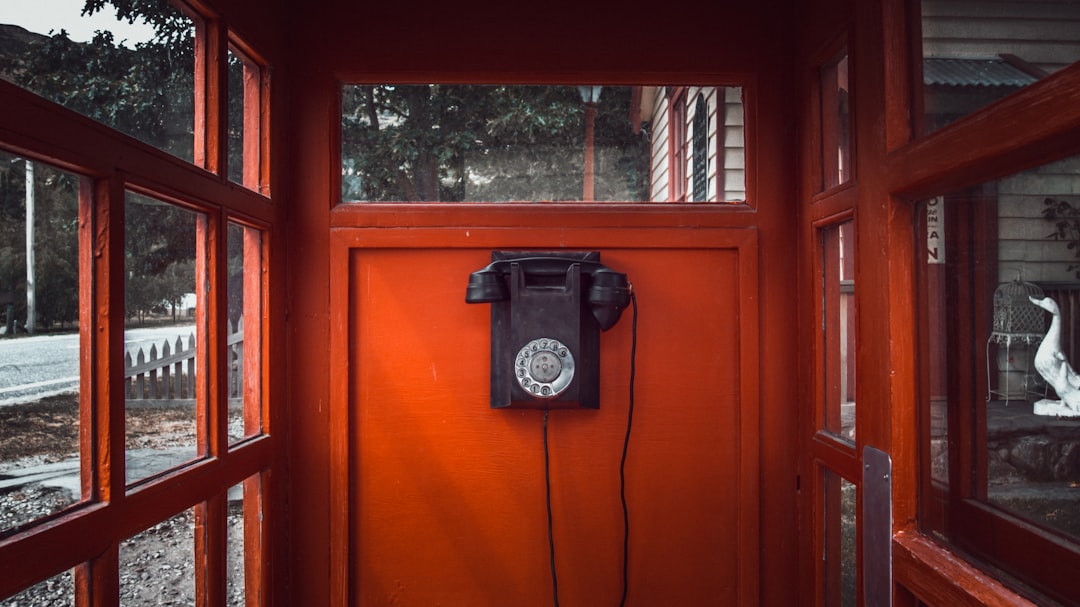Spam calls to cell phones are a common issue in South Dakota, but federal and state laws like the TCPA protect consumers. If experiencing unwanted automated calls, consulting a How To Stop Spam Calls Lawyer SD is crucial. Key steps include documenting spammers' numbers, reporting incidents to relevant authorities, and registering on the National Do Not Call Registry. Legal experts can draft consent forms, represent clients in court, and navigate changing regulations to stop spam calls effectively. Engage specialized professionals to protect privacy and regain peace of mind.
Tired of unwanted automated calls to your South Dakota cell phone? You’re not alone. Spam calls are a pervasive and frustrating problem with serious legal implications. This guide equips you with the knowledge to identify and report spam, explores legal options available to stop them, and highlights the crucial role a lawyer plays in navigating South Dakota’s anti-spam call regulations. Discover how to reclaim your phone lines with expert advice from top How To Stop Spam Calls attorneys and law firms in SD.
- Understanding Spam Calls and Their Legal Implications in South Dakota
- Identifying and Reporting Spam Calls to the Relevant Authorities
- Legal Measures and Options Available for Stopping Spam Calls
- The Role of a Lawyer in Navigating Anti-Spam Call Regulations in SD
Understanding Spam Calls and Their Legal Implications in South Dakota
Spam calls to cell phones have become a widespread nuisance across South Dakota and beyond. These unsolicited phone calls, often promoting products or services, can be disruptive and even pose legal implications. In South Dakota, businesses are prohibited from making automated calls to individuals unless they have prior consent. This is outlined in the Telephone Consumer Protection Act (TCPA), a federal law designed to curb spam calling practices.
If you’re receiving unwanted automated calls, understanding your rights under the TCPA and South Dakota’s specific laws is crucial. A lawyer specializing in telecom law can guide you on how to stop these calls effectively. They can also help pursue legal action against violators if necessary. Contacting a law firm experienced in handling spam call cases, such as those offering services for “How To Stop Spam Calls Lawyer SD” or “How To Stop Spam Calls attorneys SD,” is the first step towards reclaiming your peace of mind and protecting your privacy.
Identifying and Reporting Spam Calls to the Relevant Authorities
In South Dakota, identifying and reporting spam calls is a crucial step in safeguarding your privacy and ending unwanted phone harassment. The first line of defense is to recognize and document the spammer’s number. Most modern smartphones have built-in features to identify and block known spam numbers, but for persistent or new spammers, manual recording can help. Save the caller ID information along with any details about the content of the calls for future reference.
Reporting these incidents to the appropriate authorities is equally vital. South Dakota’s attorney general’s office provides resources and guidance on dealing with telemarketing fraud and unwanted calls. They encourage recipients to file complaints, which can help track spammers and protect others from similar experiences. Many states also have specific hotlines or forms dedicated to spam call reporting. Contacting your local law enforcement agency or visiting their website to understand the process is recommended. For personalized assistance, consulting with a lawyer specializing in consumer rights or telecommunications law in South Dakota (How To Stop Spam Calls lawyer SD, attorney SD, law firm SD) can offer guidance on legal options and help navigate the steps to stop these calls effectively.
Legal Measures and Options Available for Stopping Spam Calls
In South Dakota, as in many states, there are legal measures in place to combat spam calls. The Telephone Consumer Protection Act (TCPA) is a federal law that restricts how businesses can contact consumers via telephone, including restrictions on automated or prerecorded messages. Consumers in SD have additional protections under state laws designed to prevent unwanted phone calls. If you’re dealing with persistent spam calls, the first step is to understand your rights.
There are several options available for those seeking to stop spam calls. You can register your number on the National Do Not Call Registry, which can help reduce the volume of marketing calls. Additionally, many telecommunications providers offer call-blocking features or services that can filter out unwanted calls. For more comprehensive solutions, consulting with a lawyer specializing in telecom law or a law firm experienced in dealing with spam calls can be beneficial. Legal experts can guide you on the best course of action, whether it’s negotiating with callers, seeking legal remedies, or representing you in court if necessary.
The Role of a Lawyer in Navigating Anti-Spam Call Regulations in SD
In South Dakota, navigating anti-spam call regulations can be complex. Here, a lawyer plays a pivotal role in guiding individuals and businesses through this intricate landscape. They possess an in-depth understanding of state laws and federal guidelines designed to curb unwanted telemarketing calls, including those made to cell phones. By employing their legal expertise, these professionals can help clients implement effective strategies to combat spam calls, ensuring compliance with relevant regulations.
A lawyer for How To Stop Spam Calls SD can assist in various ways. They may draft and review consent forms to ensure they align with the Telephone Consumer Protection Act (TCPA). Furthermore, they can represent clients in legal proceedings related to spam calls, advocating on their behalf if any violations occur. These attorneys also stay abreast of legislative changes, providing valuable insights that help clients stay one step ahead of potential issues. Their expertise enables them to offer tailored advice, teaching clients how to protect themselves and their data from intrusive and illegal telemarketing practices.






